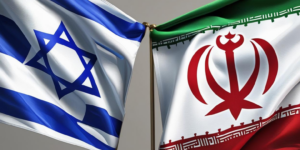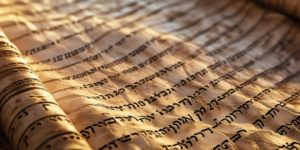Supreme Court Erupts Over LGBTQ Books in Schools
The U.S. Supreme Court heard oral arguments in Mahmoud v. Taylor, a case concerning whether public schools must allow parents to opt their children out of reading LGBTQ-themed storybooks that conflict with their religious beliefs.
During the session, Justices Samuel Alito and Sonia Sotomayor engaged in a pointed exchange over the implications of such materials in elementary education.
Breaking News. Spirit-Filled Stories. Subscribe to Charisma on YouTube now!
The case originates from Montgomery County, Maryland, where a group of Muslim and Christian parents sued the local school board after it rescinded a policy permitting opt-outs from lessons featuring books like Prince & Knight and Uncle Bobby’s Wedding.
NOW: The Supreme Court is hearing oral arguments in Mahmoud v. Taylor, which considers whether religious parents can opt their young children out of mandatory readings of LGBTQ storybooks.
— Katelynn Richardson (@katesrichardson) April 22, 2025
This is one of the books in the case, “What Are Your Words?”
“My pronouns are like the… pic.twitter.com/4XffL7iMCp
The parents argue that mandatory exposure to these materials infringes upon their First Amendment rights to free exercise of religion. The school district contends that the books promote inclusivity and do not constitute religious instruction.
Justice Alito expressed concern that the content of the books conveys a moral message that may conflict with certain religious doctrines. “[The book] has a clear moral message, and it may be a good message. It’s just a message that a lot of religious people disagree with,” Alito contested.
He questioned whether presenting same-sex relationships in a positive light could be seen as coercive to students from faith-based backgrounds.
Justice Sotomayor challenged this view, arguing that mere exposure to diverse family structures does not amount to coercion.
The Court’s conservative majority appeared sympathetic to the parents’ claims, with Chief Justice John Roberts noting the difficulty young children might have in distinguishing between exposure and endorsement of certain views. Justices Amy Coney Barrett and Neil Gorsuch also raised questions about the potential for such materials to impose on religious freedoms.
A decision in this case could have significant implications for public education policies nationwide, potentially setting a precedent for parental rights in curriculum choices. The Court is expected to issue its ruling by June.
This article originally appeared on American Faith, and is reposted with permission.
Join Charisma Magazine Online to follow everything the Holy Spirit is doing around the world!




























































